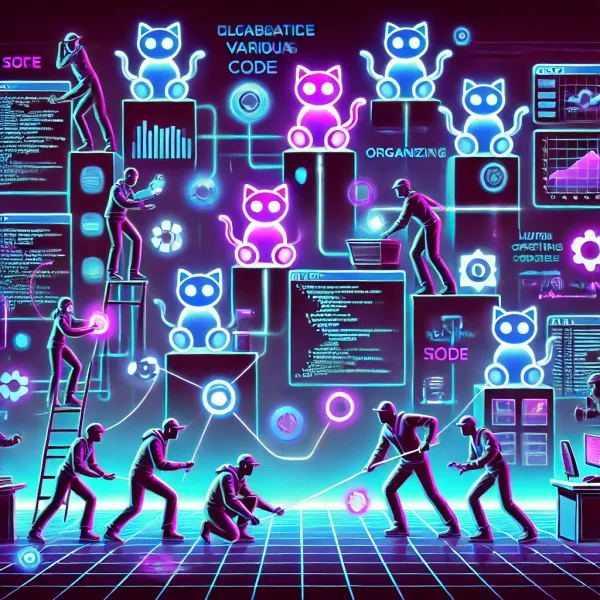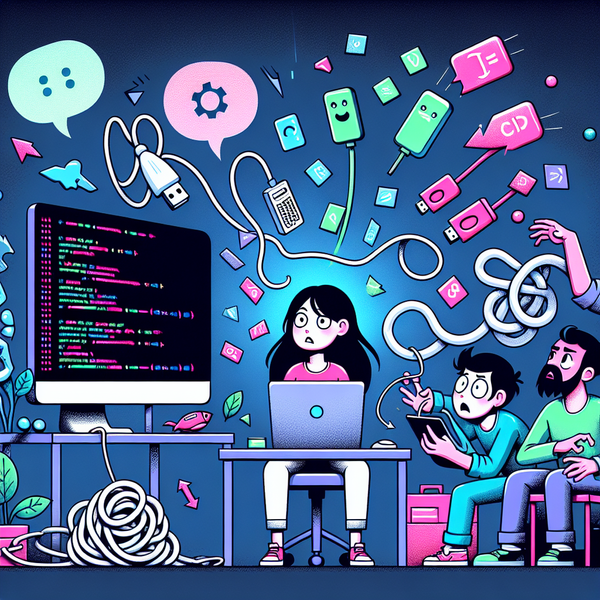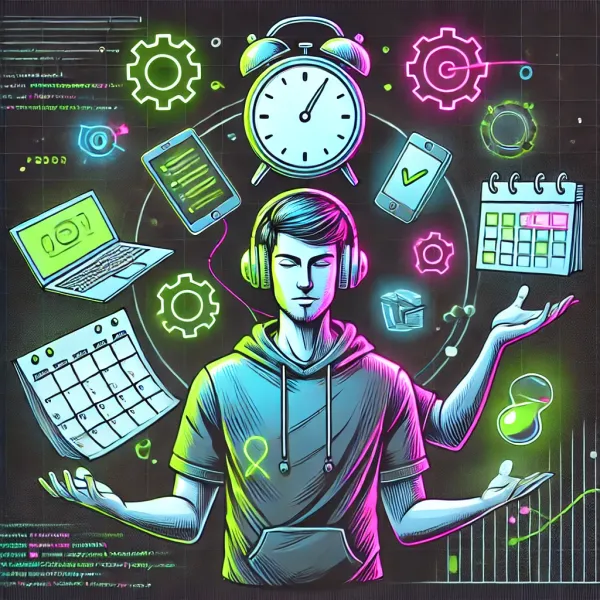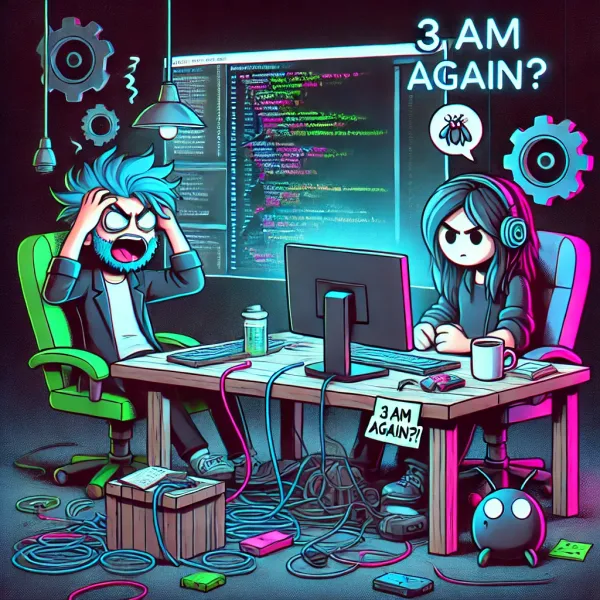Balancing Deep Work and Collaboration in Dev Teams
Deep work and collaboration tend to be at odds when developing. The impact of each of these activities can be maximized with the right structured approach.
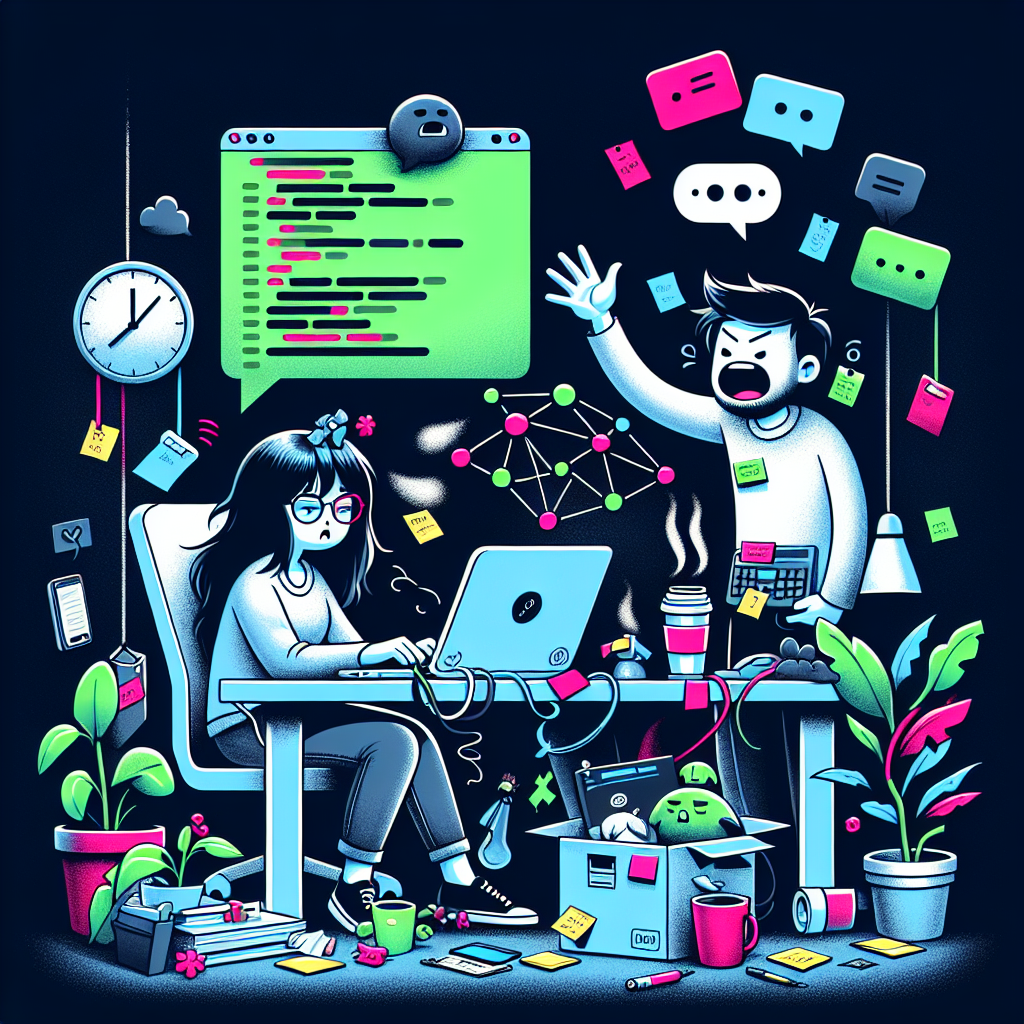
Have you ever felt torn between diving deep into code and collaborating with your team?
You’re not alone.
For software engineers, finding the right balance between deep work and collaboration is crucial.
🔑 Key Takeaways 🔑
- Deep work requires time management, discipline, and self-motivation.
- Collaboration hinges on communication skills, teamwork, and adaptability.
- Implementing structured strategies can optimize both individual focus and team efforts.
Importance of Deep Work
Deep work is your secret weapon.
It’s about focused, uninterrupted time to tackle complex tasks. Here’s why it matters:
- Time Management: You need to manage your time effectively. Schedule blocks of uninterrupted work. This ensures you meet deadlines while collaborating with your team. For more on this, check out our guide on time management preventing burnout.
- Self-Motivation and Discipline: Stay motivated. Set clear goals. Minimize distractions. Consistency is key during those deep work sessions. Consider using the Pomodoro technique for software developers to help maintain focus.

Importance of Collaboration
Collaboration isn’t just a buzzword. It’s essential.
It fosters teamwork, innovation, and problem-solving. Here’s what you need:
- Communication Skills: You must articulate your ideas clearly. Listen actively. Explain complex concepts simply to both tech-savvy and non-technical team members.
- Teamwork and Interpersonal Skills: Be a team player. Collaborate efficiently with designers, project managers, and clients. Empathy, patience, and compromise are vital.
- Resourcefulness and Adaptability: Stay flexible. Adjust your approach based on feedback and changing project requirements. This adaptability is crucial for effective collaboration.
Balancing Deep Work and Collaboration
So, how do you strike the right balance? Here are some strategies:
- Scheduled Collaboration Time: Allocate specific times for collaboration and deep work. Agile methodologies like Scrum can help you schedule regular meetings and focused work sessions. For more on this, see our insights on sprint release planning.
- Effective Communication During Collaboration: Keep communication clear and concise. Use simple language, listen actively, and document everything well.
- Empathy and Emotional Intelligence: Understand your colleagues' perspectives. This empathy leads to smoother collaboration and better user experiences.
- Self-Awareness and Self-Regulation: Know your strengths and weaknesses. Recognize when to seek help and when to focus on deep work. Self-regulation helps you transition smoothly between tasks. For help with this, explore avoiding procrastination in dev projects.
Practical Tips
Let’s get practical. Here are some tips to enhance your balance:
- Take Breaks and Practice Patience: Deep work can drain you. Regular breaks maintain productivity and reduce frustration. Consider implementing time-boxing for developer productivity.
- Mentorship and Feedback: Seek a mentor or regular feedback. They can guide you on time management, communication, and problem-solving.
- Organizational Skills: Good organizational skills are crucial. Break down tasks, delegate work, and monitor progress to balance individual focus with team collaboration. For tips on this, check out our piece on task delegation for dev teams.
By integrating these soft skills and strategies, you can effectively balance deep work and collaboration.
This leads to more efficient, innovative, and successful project outcomes.
So, are you ready to take control of your workday?

